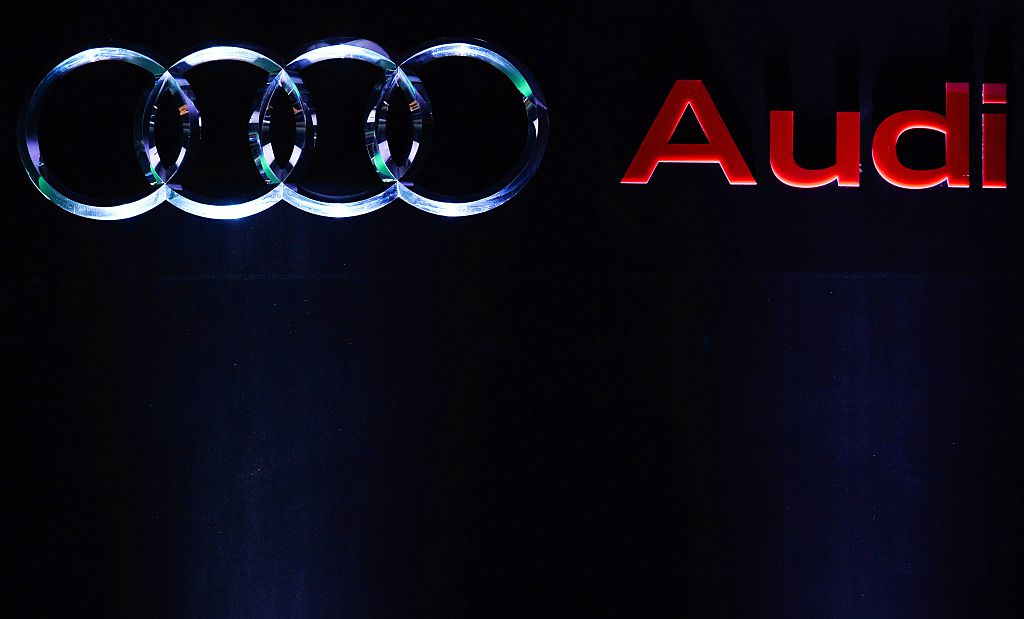- Monday, May 06, 2024

By: Shubham Ghosh
GERMAN auto giant Audi feels a high-taxation regime is restricting the growth of the luxury car segment in India and the government should look at reducing the levies in order to help the sector.
Luxury car volumes account for less than two per cent of the overall passenger vehicles sales in a year and the sector has been more or less at the same level for the past decade, Press Trust of India reported.
ALSO READ: US auto major Ford to stop India production
“We haven’t been able to utilise our capacities here to the fullest primarily because the luxury segment hasn’t grown in the country. While the volume segments have been growing all these years, the luxury segment went up to 40,000 units a year and stayed in that range and this year we can end up even lower than that,” Audi India head Balbir Singh Dhillon told PTI.
Nissan CEO bets on India’s auto market potential
Hefty taxes have ensured that the segment remained in the slow lane over the years.
‘Semiconductor shortage may hit automobile industry’
“The luxury segment has remained less than 2 per cent of the overall passenger vehicle vertical. I think the major request we have for the government is to reduce the duties. Apart from 28 per cent GST, which in any case is high, we also have cess on top of it,” Dhillon said.
Besides, registration cost is high in some of the states and the rising fuel price has added to the total cost of ownership, he said.
“So if this cess part is taken off and also if the registration costs are kept reasonable and same across the country, it will help the segment,” he said.
Luxury vehicles currently attract the top GST (Goods and Services Tax) slab of 28 per cent with an additional cess of 20 per cent on sedans and 22 per cent on SUVs, taking the total tax incidence to up to 50 per cent.
“Our request is to standardise the taxation structure because our customers are very well travelled and they know that the same models which we are selling here at higher cost are much more affordable in other countries. We are one of the countries where the taxation is the highest,” Dhillon said.
“It is duty on duty, kind of layering of taxes…it is quite challenging and some kind of support is required,” he added.
Dhillon cautioned that high-vehicle costs demotivate customers from upgrading to the luxury segment.
“India is a young country and people have aspirations… lots of young people would like to own luxury goods…people are willing to buy more, spend more, policymakers need to think about them…if more luxury items are sold, the government would eventually also get more tax,” he added.
There is a need to change the mindset that makes people believe that luxury is a bad thing, he added. “It is not bad if someone has done hard work in life and risen to a position. He or she needs to be respected for that,” he said.
Asked about the electric vehicle (EV) segment, Singh said Audi India needs to have a positive business case in order to impress upon the global headquarters to roll out fresh investments for local manufacturing of electric cars in the country. The company, which has already introduced five imported EVs in India, needs to have some kind of volumes in the country to show its headquarters that the market is ready for environment-friendly mobility solutions and thus ready for fresh investments, Dhillon said.
![]()